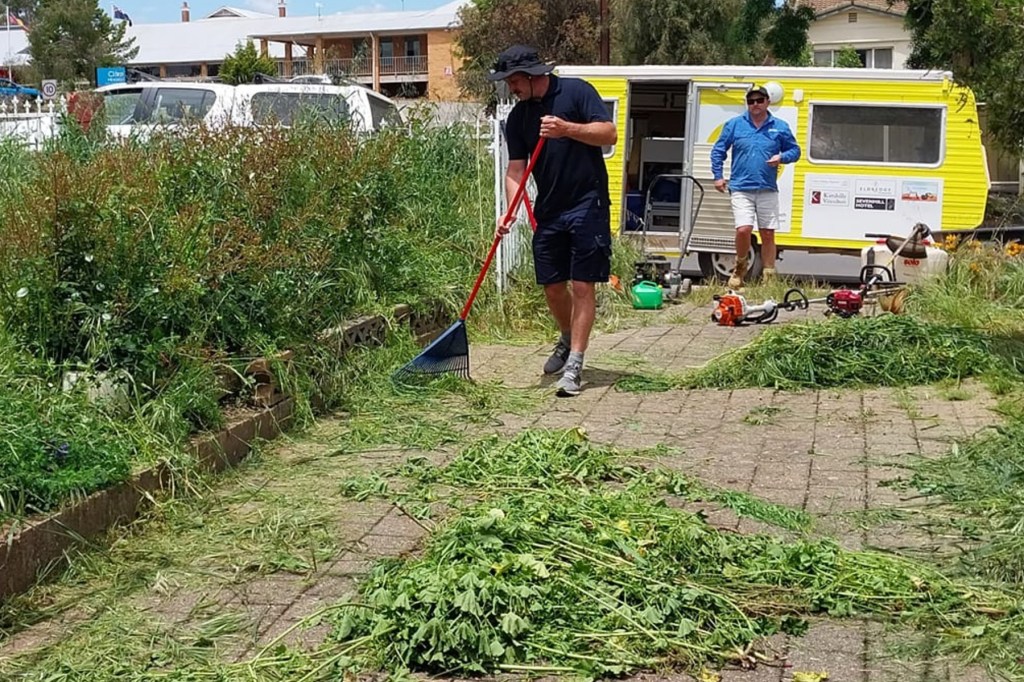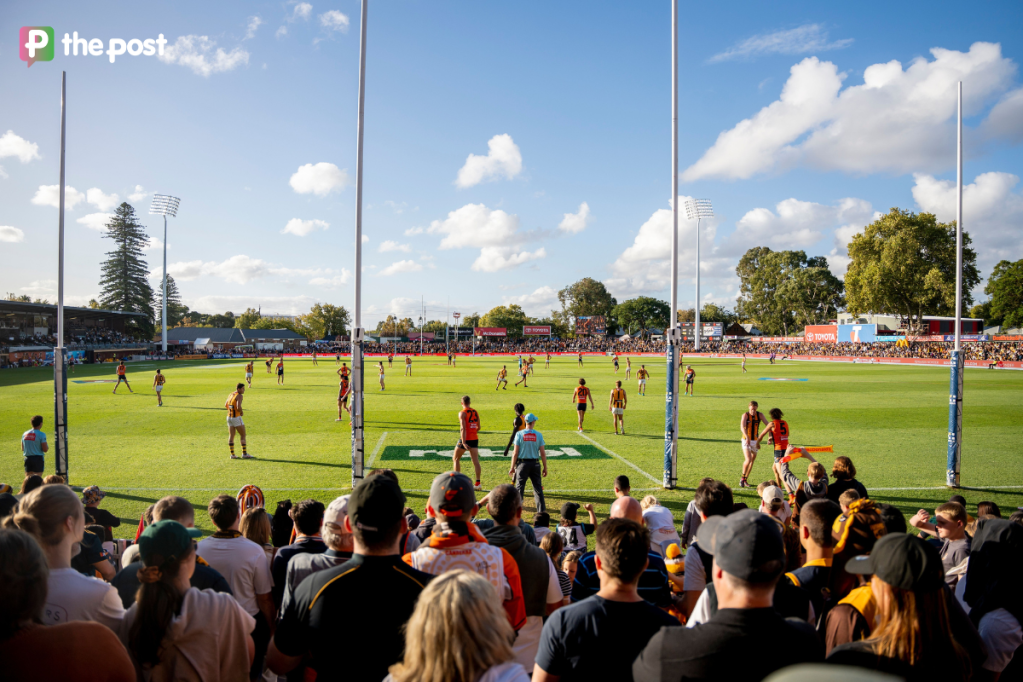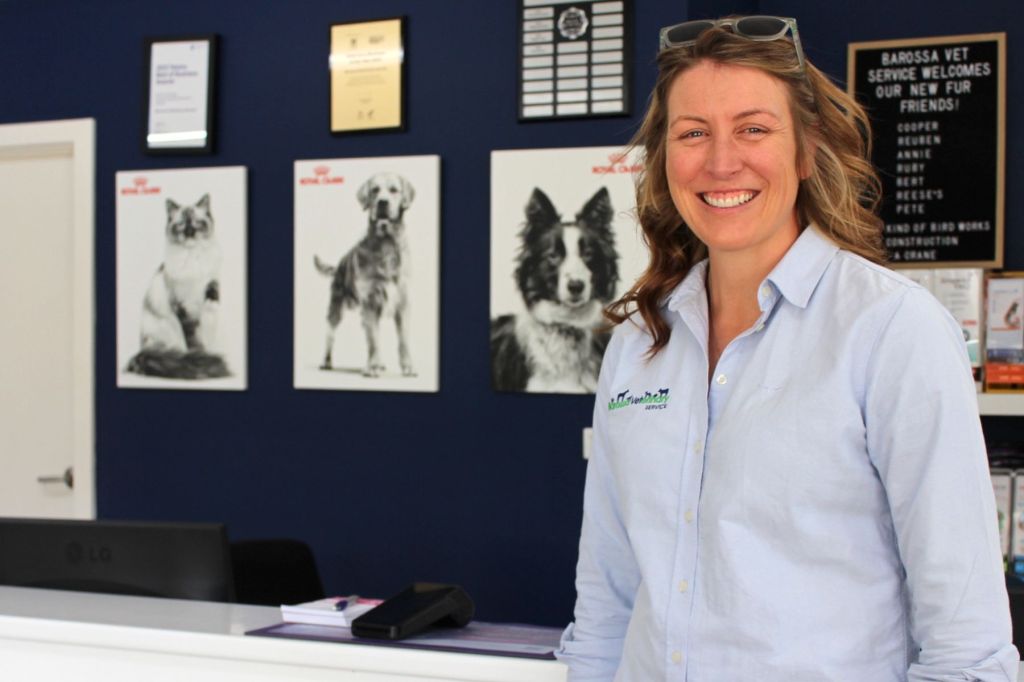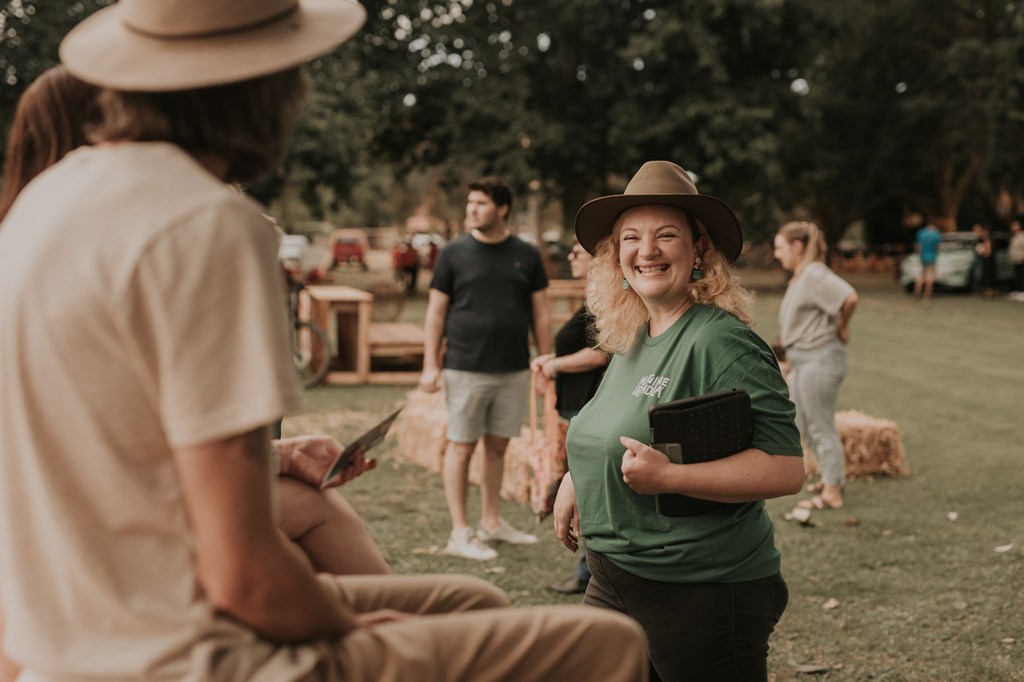On the land as three finalists vie for Ag Town of the Year
Ahead of the winner’s announcement in October, the judges visited Burra, Kimba and Penola to see why each town is most deserving of the Agricultural Town of the Year crown.
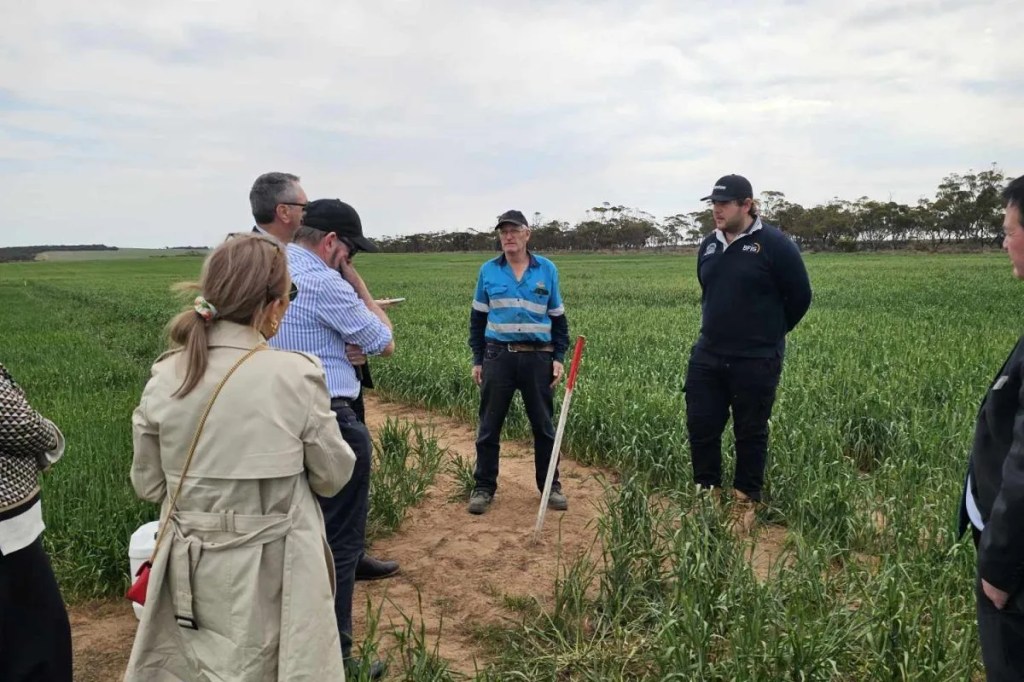
The communities of Burra, Kimba and Penola went all out during the judges’ visits for the South Australian Agricultural Town of the Year.
The award program recognises the contribution regional communities make to the state’s primary industries, economy and regional development.
All three finalists, whittled down from a list of publicly-nominated towns, impressed with their drive and resilience, said Primary Producers SA chair Simon Maddocks, who is one of this year’s judges.
“It’s a great opportunity and privilege to see communities that are wanting to present their best sides,” Maddocks said.
He said regional communities tend to be self-reliant and comfortable with “getting on and doing things themselves”, rather than waiting for government funding.
“They’ll create a good value proposition that might co-leverage a government grant or similar, but they’re largely working with industries to make things happen,” he said.
Perhaps reflecting this, innovation was a key theme to emerge when each town hosted a visit by the judging panel.
Goyder Regional Council mayor Bill Gebhardt said in Burra the “younger generation” had embraced the use of information technology in broadacre cropping and livestock breeding programs, and this had a ripple effect on others farming in the region.
The region is shaped by Goyder’s Line of rainfall and has long been a leader in agricultural innovation and merino production, with today’s sustainable farming practices cementing that position.
Many of the agricultural leaders now serve on state and national industry boards.
Burra is also home to Princess Royal Station. The enterprise turns over 85,000 head of cattle annually and locally sources around 94,000 tonnes of grain each year for its grain-fed beef exports.

One of the two wind farms being established in the Goyder Renewables Zone near Burra. Photo: supplied
Gebhardt said in the town’s close-knit community, the confidence and big picture thinking of the younger generation had sparked an ongoing optimism within the town.
It recently made the federal government’s Tentative List for World Heritage listing for its connection to Cornish mining.
However, Gebhardt recognised the progress being made by all regional councils across the state. He said “there is not much between” the three towns vying for Ag Town of the Year award and “just to get into the top three is a really good effort”.
On the Eyre Peninsula, District Council of Kimba mayor Dean Johnson said his community also learned to adapt and innovate because of the area’s low annual rainfall.
“Our farmers are certainly early adopters of new technologies and they’re also running trials on different breeds of wheat and other grains,” Johnson said.
“It’s much easier to farm in higher rainfall areas, but you’ve really got to be exceptional at what you do out here.”
The judges’ visit included a stop at Kimba Area School to be briefed on the new agricultural program focusing on sustainable land management.
They also heard from the internationally recognised and award-winning Buckleboo Station on how sustainable farming practices, such as rotational grazing and satellite livestock tracking, have rehabilitated the soil and increased vegetation.
The Council has been active in supporting the wider community, ranging from rebranding and positioning Kimba as the logistical heart of the Eyre Peninsula to create and retain jobs, to rebuilding the local road network, three-quarters of which was damaged during major flooding in 2021.
“I think the word resilience gets thrown around a lot,” Johnson said.
“But what it does show to us is it’s not just a one-off effort … You’ve got to keep going year after year after year.
“I’m really proud of our agricultural industry and our community, as we’ve shown that we can do that multiple times as a finalist in the Ag Town award.”
Stay informed, daily
Maddocks said productive, sustainable primary industries are critical to the regions.
“They are not only the backbone of our state, they’re certainly the backbone of regions,” he said.
“It’s important that regional development is both cognisant of and attuned to the needs of primary industries as we grow the state.”
Penola is one of the state’s most diverse agricultural hubs for industries including forestry, dairy, beef, prime lamb, grains, potatoes, olives, quinces and hemp.
The town marks the start of the world-class Coonawarra wine region and Wattle Range Council mayor Des Noll said the region attracts many people to live and work there “because the rewards are very good”.
“We have a very progressive, innovative community, who are always looking at how they can do things better, as a community and in an agricultural sense,” Noll said.
“And they’re a very connected community, so nobody goes left unattended – they take people on the journey together.”
He said the Council supports the agricultural communities “on a regular basis” to innovate and optimise primary production, including offering financial support for projects.
When the judges visited, Penola put on an exhibition day at the showground to showcase the local agricultural product and processing facilities.
“It exceeded all our expectations, and that’s the sort of thing the Penola community do – they’re innovative, forward thinking and wanted to deliver to the judges this is why Penola should be the agricultural town,” Noll said.

The Penola community literally put on a show for the visiting judges. Photo: Jasmin Stehbens
More than 200 people, including local students and educational children’s character George the Farmer, took part in the demonstrations and displays.
The judges also toured local farms and specialist stock agents.
This year’s judging panel comprises PIRSA Food, Wine & Agribusiness Ambassadors Angelo Demasi, who is CEO of the South Australian Produce Market, and Kris Lloyd, the CEO of Woodside Cheese Wrights, as well as Maddocks and Regional Development Australia Adelaide CEO Kelly-Anne Saffin.
The Ag Town of the Year program recognises South Australian towns that are excelling in agricultural practices and the flow on effect they have on communities.
It endeavours to provide an avenue where communities can learn from one another, helping to build capacity and increase growth in regional South Australia.
“What we see in all these finalist communities is you don’t move forward by standing still,” Maddocks said.
“You’ve got to try new ideas and not everything works, but there’s sufficient resilience to say, if this is what we want, let’s have a go.”
The South Australian Agricultural Town of the Year Award is an initiative of the Department of Primary Industries and Regions, delivered in partnership with InDaily.
The winner will be announced at the Regional Showcase Awards Celebration Evening on 24 October.

